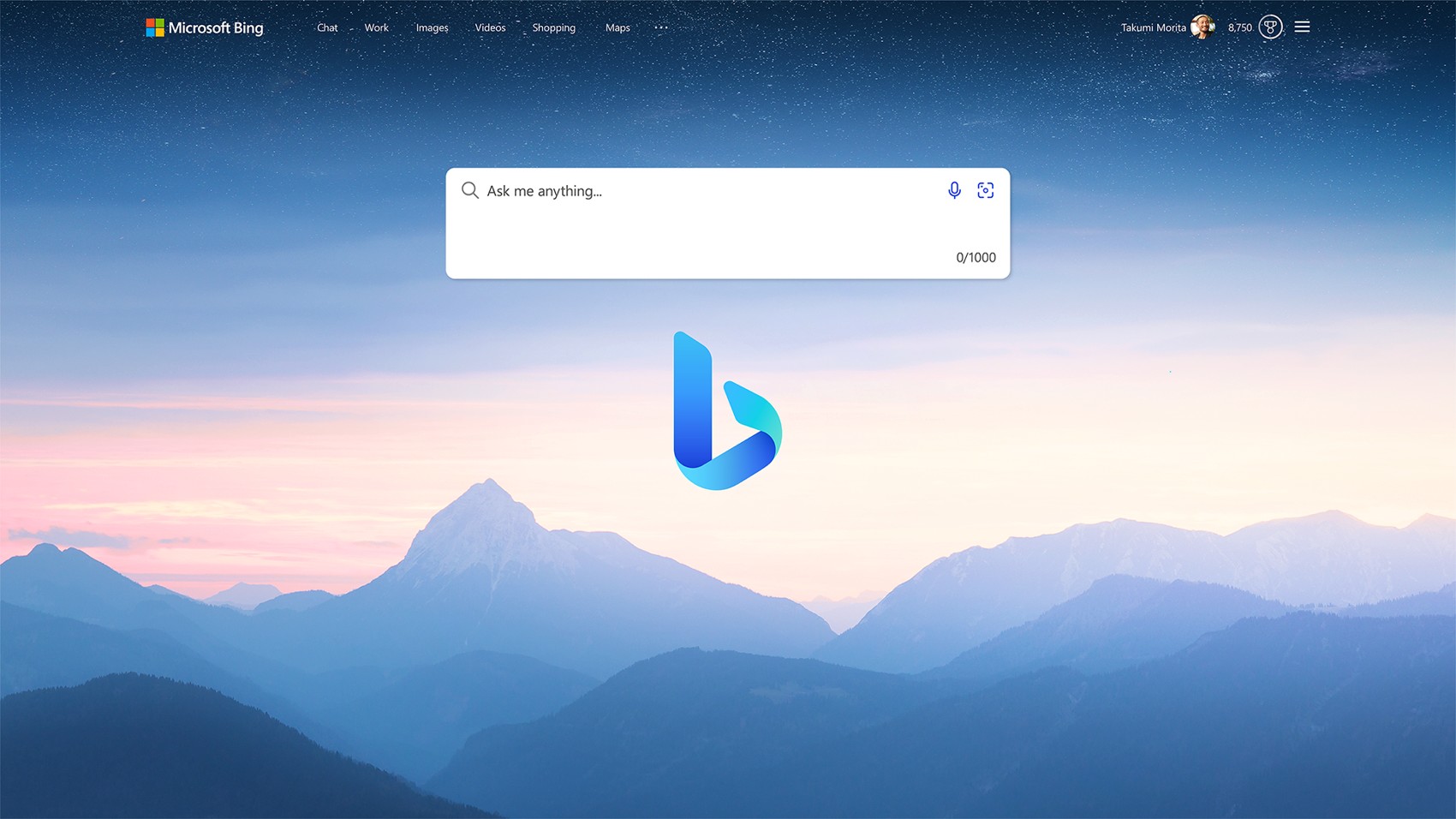Microsoft’s AI-powered Bing represents an existential threat to Google’s search, with early reports suggesting Google may be in serious trouble.
Microsoft unveiled its AI-powered Bing last week, using a new and improved version of the OpenAI tech behind ChatGPT. The move is largely seen as one of the biggest challenges Google has faced to its core search business and could help Bing make major headway against its rival.
Early reports indicate that Microsoft’s AI-powered Bing is performing far better than critics anticipated and is serving up better results than an old-school Google search. In fact, CNET’s Stephen Shankland put ten questions to both search engines and came away preferring Bing’s response to eight of the questions. Interestingly, Bing did especially well on complex questions, as well as at providing information about recent events, such as the US shooting down a ‘high-altitude object’ over Alaska.
Read More: Google Won the Search Wars, but Can It Win the AI Search Wars?
Similarly, Android Central posted a poll to see how many of its readers would be willing to switch to the new Bing once it’s available to the public. A whopping 52% said they would switch and give Bing a try, with 11% already using Bing and only 30% saying they would stick with Google.
Indeed, Microsoft VP Yusuf Mehdi revealed the company quickly saw more than one million people sign up to test-drive the new Bing.
Needless to say, Google is not going to take this challenge to its business lying down. In fact, the company has been rushing to roll out its own ChatGPT challenger, Bard. Unfortunately, in its rush, the company bungled Bard’s unveiling. This led to a $100 billion drop in the company’s value and vocal criticism of CEO Sundar Pichai from Google’s own employees.
The picture is clear: Microsoft has taken an early lead in the AI search wars and is moving quickly to capitalize on it. This has resulted in Bing being seen as cool — quite possibly for the first time ever.
And Google? Google is in real trouble — quite possibly for the first time ever.




 WebProNews is an iEntry Publication
WebProNews is an iEntry Publication